‘Never say no to a potato, because one day it might be a chicken’
By Tony Sanchez

In our latest Women in Finance Interview, Tony Sanchez speaks to Charlotte Holt, Operations and Finance Manager at Hope Capital.
Charlotte Holt heads up Hope Capital’s Business Support team, working closely with all departments to ensure the smooth transition of the application between teams to improve efficiencies and quality of the lenders processes, ultimately ensuring a first-class service is provided to their brokers and borrowers.
What brought you into financial services?
“I’ll be honest, it wasn’t a lifelong dream or a planned move.
When I was deciding what to study, I opened a university prospectus and landed on A for accounting.
It seemed practical, and I’ve always enjoyed problem-solving, so I thought, why not?
From there, my career unfolded naturally. My first role was with a blue-chip company, where I learned the importance of structure, strategy, and benchmarking excellence.
It set the foundation for everything I’ve done since. Over time, I realised that finance wasn’t just about numbers, it was about making sense of the bigger picture and creating opportunities.
What’s kept me here is the balance I’ve found between the analytical side of finance and the dynamic challenges of operations.
It’s a mix that constantly keeps me on my toes, and I love being able to deliver impactful solutions that drive progress.”
What do you think makes a successful leader? And in particular women leaders?
True leadership is about creating an environment where people can build their confidence, develop their skills, and realise their potential.
Interestingly, the most impactful leaders I’ve encountered weren’t always my managers or bosses, they were mentors who took the time to teach me practical skills, instil self-belief, and challenge me to strive for excellence.
Leadership isn’t about a title; it’s about influence, guidance, and the ability to inspire growth.
At Hope Capital, we’re fortunate to have many female leaders who embody this approach.
Each one brings their own authentic perspective, contributing to a culture that values diversity and collaboration.
Women leaders, in particular, excel when they lean into their individuality, using empathy and adaptability as strengths.
It’s this combination of authenticity and insight that drives innovation and empowers others to succeed.
What are the biggest barriers you have faced in your career in financial services?
One of the most significant challenges I’ve faced is overcoming subtle biases in the workplace.
Earlier in my career, I worked in an organisation where, despite holding a senior role, I was often singled out for menial tasks that weren’t asked of my male counterparts.
It wasn’t about the task itself, it was about the message it sent, questioning my ability and position.
Navigating those moments taught me resilience and the importance of asserting my worth.
It also reinforced how vital it is to work for a company like Hope Capital, where equality and respect are embedded in the culture.
If you could tell your younger self one thing you know about business now, what would it be?
I’d tell my younger self that skills can always be taught, but character and the ability to connect with the right people are invaluable.
It’s not just about knowing how to do the job, it’s about getting your foot in the door and surrounding yourself with the right network of people who see your potential and are willing to give you opportunities.
Building relationships and gaining trust are often more important than technical expertise in the beginning.
If you can establish yourself as someone reliable, approachable, and willing to learn, those qualities will carry you further than you might expect.
Your character will help you open doors that skills alone might not.
What’s your own personal mantra?
My grandma used to say, ‘Never say no to a potato, because one day it might be a chicken.’
It always used to make me laugh, and now I find myself saying it to others, even though they often look at me funny.
I think you have to have been on the journey to truly appreciate the meaning behind it.
To me, it’s all about embracing every step, even when it doesn’t seem significant at the time.
You never know how one small, seemingly unimportant moment can turn into something much bigger and more valuable down the line.
It’s about staying open to the unexpected and trusting that each step brings you closer to where you’re meant to be.
What do you think is key for finding a successful work-life balance?
For me, work-life balance isn’t something you just talk about, it’s a way of living.
I’ve never been content with just waiting for the weekend; I want to live every day to the fullest.
Life’s about creating moments, making memories, and embracing each opportunity as it comes.
My 2024 New Year’s resolution was focused on memories, filling my year with experiences that matter, rather than just getting through the days.
I’m also passionate about mental health, and recently, I learned about the concept of energy accounting during a work away day.
It was like putting a name to the way I’ve always lived: taking time to recharge and focus on what fuels me.
Work-life balance is about finding the right energy so you can give your best in every aspect of life, whether it’s work, family, or personal growth.”
What advice do you have for women aiming for leadership positions?
“My advice is simple: Don’t let anyone tell you that leadership is reserved for a certain type of person.
Stay true to who you are, your authenticity is your greatest strength.
If you have the drive and determination, you will get there.
Leadership is about having the confidence to take your place at the table and knowing you deserve to be there.
What do you think is holding women back?
Societal expectations often place women in roles like wife, mum, and caregiver, which can make career progression feel like an uphill battle.
In the UK, women are significantly more likely than men to leave work to care for a sick relative, with studies showing that women account for around 59% of unpaid carers.
This, combined with underrepresentation in leadership roles and workplace structures that don’t always support flexibility, can hold women back.
To overcome these barriers, we need inclusive workplaces that empower women to thrive in both their professional and personal lives.
Do you think there is still a glass ceiling?
“Yes, 100% the glass ceiling still exists.
We’ve only just about made it to the table, but to truly break barriers, we need to get to the top of the table, and then jump a bit higher to reach the glass ceiling.
Women in finance still face unconscious bias, limited access to mentorship, and societal expectations that make career progression more challenging.
Ask yourself, can you name three female finance leaders off the top of your head?
Most people can’t, and that highlights the lack of visibility and representation.
Companies like Hope Capital are leading by example, creating environments where women can thrive, but the industry as a whole has a long way to go to truly shatter the ceiling.
What are your thoughts on the Women in Finance Charter?
The Women in Finance Charter is a positive initiative that highlights the importance of female representation in the financial sector.
However, it’s crucial that companies don’t treat it as a tick-box exercise.
True commitment comes from promoting the right person for the role, regardless of gender, and fostering an environment where women are given real opportunities to thrive.
While the Charter has helped start the conversation, it’s essential that it leads to stronger action and accountability within the industry to drive meaningful, lasting change.



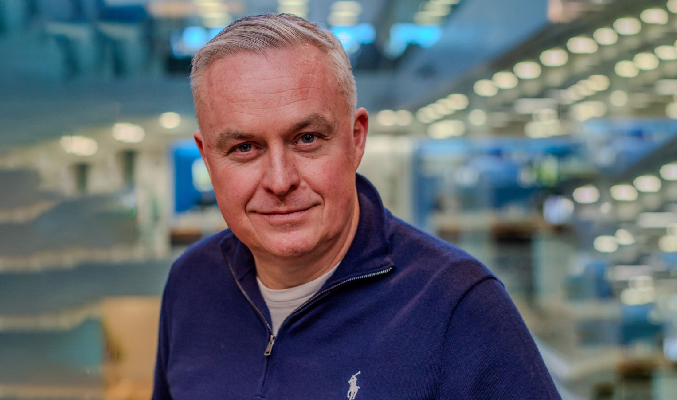


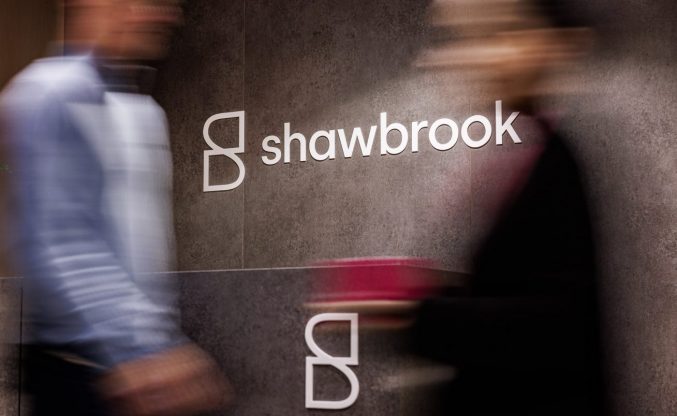
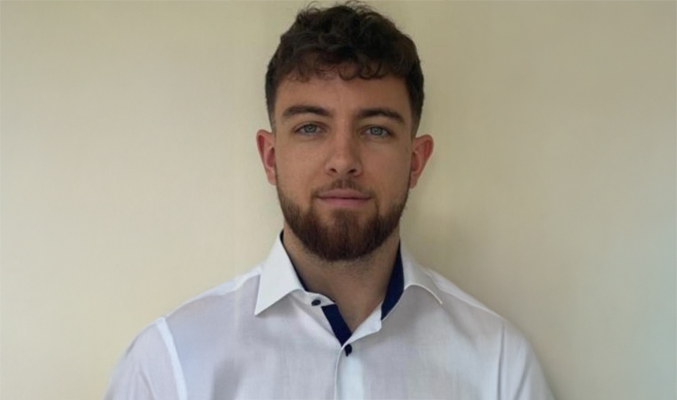
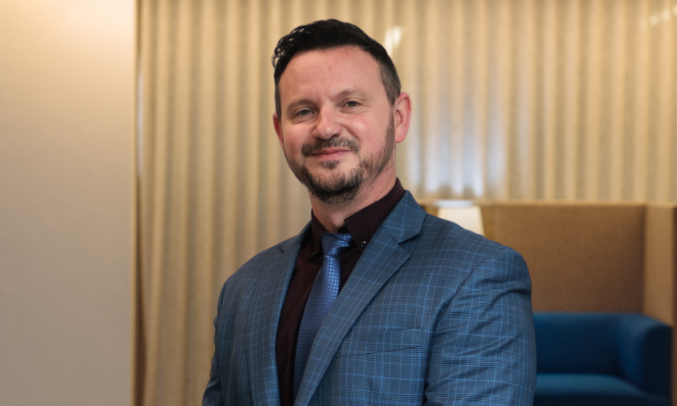
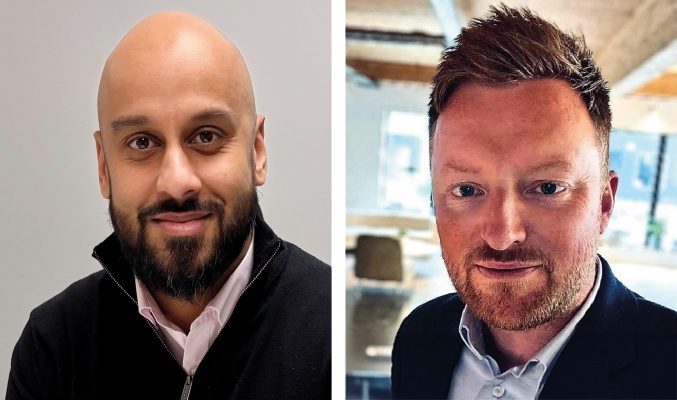
You must be logged in to post a comment.